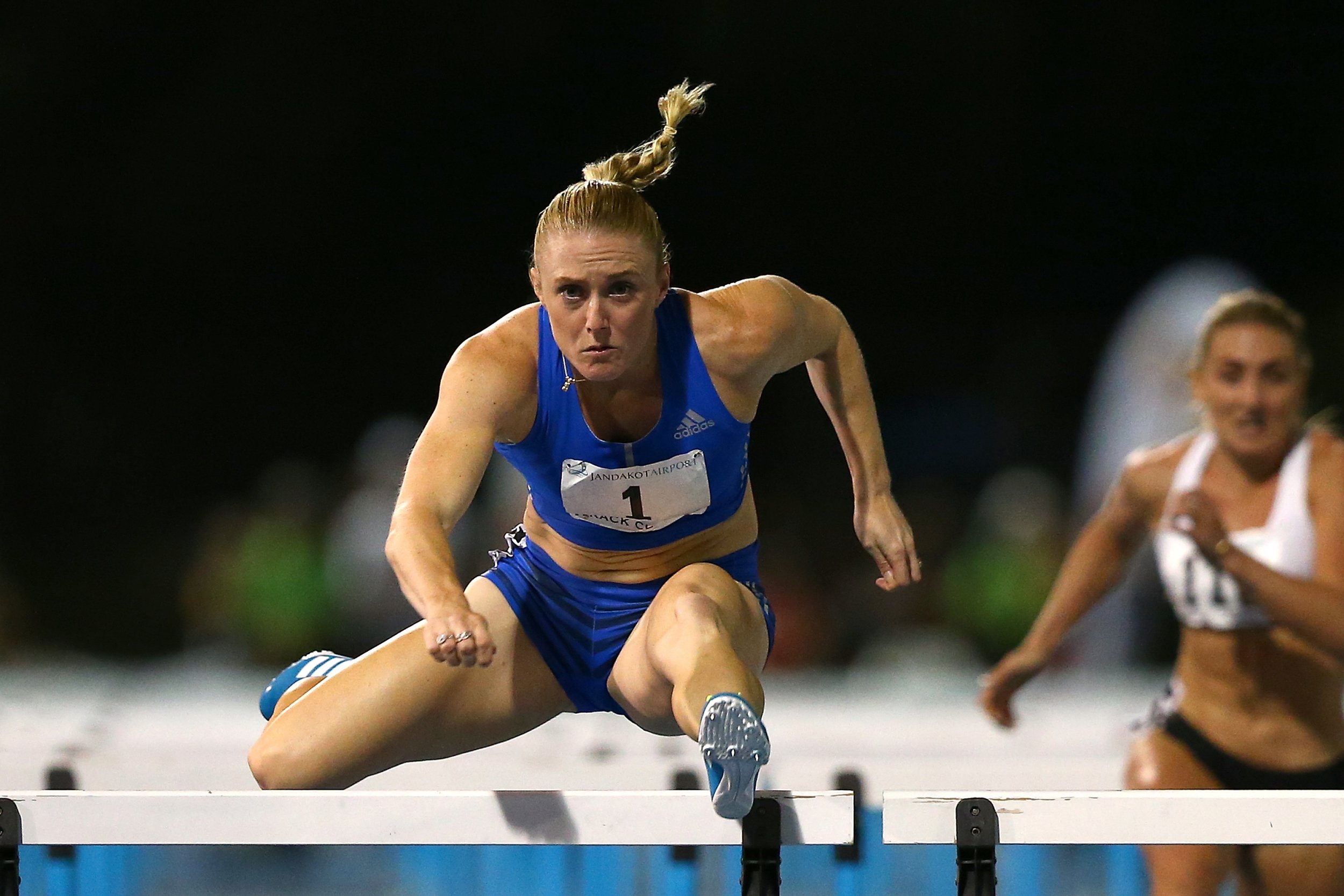
Runners looking to shed some time off of their personal best take many approaches, from changing terrain to adding in strength training. However, female athletes looking to decrease their time can try adding another trick to their arsenal by taking certain minerals and nutrients. As women tend to lose iron and other nutrients during ovulation, according to the National Institute of Health, nutritionist Robert DiSilvestro at Ohio State University looked into how females could counteract any possible deficiencies.
Related: Just 10 Minutes of Exercise Can Supercharge Your Brain
DiSilvestro's team enlisted 28 young, aerobically fit women for a study to test whether certain nutrients could impact performance. In particular, they found a combination of iron, copper, zinc and carnitine, which comes from an amino acid and phosphatidylserine, a nutrient often found in fish, soybeans and leafy greens, could lower the time it took to run three miles by up to a minute.
In the study, one group took a combination of the nutrients, which included 36 mg of iron, 15 mg of zinc, 2 mg copper, 2 grams of carnitine and 400 mg of phosphatidylserine), or a placebo. They also completed a three-mile run, 25 minutes on a stationary bike and step test to record speed, distance and total number of paces recorded.
After taking the supplements for one month, the women all performed the physical assessments again. Those given the supplements experienced a quickening in their running pace, down to 25.6 minutes, on average, from 26.5. The women with the extra boost also increased their distance to half a mile and steps from 40 to nearly 44.
A second test was conducted with 36 women so researchers could determine whether the results could be reproduced again, but this time they lowered the dose of carnitine to one gram. They found that the women's running times decreased again, but by less—about 41 seconds on average.
As DiSilvestro explained in a statement, he chose the nutrients because they are already thought to be low in female diets and are vital in helping our bodies function.
"We know that young women, in particular, often have micro-deficiencies in nutrients and that those nutrients play a role in how cells work during exercise," said DiSilvestro in a statement.
Before you jump to buy this set of nutrients, it's important to note that both of the studies were small in size and would need to be replicated among larger study groups to be verified. Also, DiSilvestro says he is currently planning on developing a supplement using his research. Of course, there are already plenty of supplements on the market, and it is always advised to increase levels of nutrients through food.
Uncommon Knowledge
Newsweek is committed to challenging conventional wisdom and finding connections in the search for common ground.
Newsweek is committed to challenging conventional wisdom and finding connections in the search for common ground.
About the writer
Melissa is a science writer covering health for Newsweek and has contributed to Inc., Dr. Oz The Good Life, Men's Fitness, Marie Claire and others. She earned ... Read more
To read how Newsweek uses AI as a newsroom tool, Click here.








